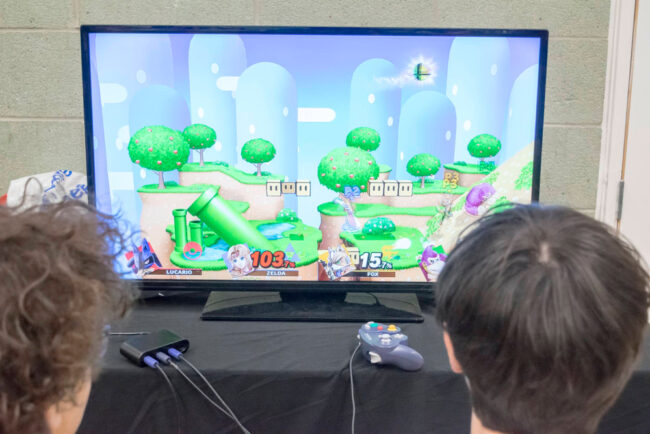This third strand in the “Brain” series initiated by Futuribles in January 2019 is given over to human-machine interactions (screens, computers etc.) and, more particularly, to the impact of screens on brain function and development, especially among young people. In this article, Grégoire Borst, a specialist in neurosciences and the brain, looks into the consequences of the increased exposure to screens that has been seen in recent years, particularly among children and adolescents. While everyone is affected by this increased exposure, the question of its impact probably arises more sharply in the case of young people, whose neurological and cerebral development is not yet complete.
Though it is normal, as he stresses here, to be vigilant in such matters and to show concern about the consequences of over-exposure to screens, we must also keep matters in proportion: whether we are speaking of television, video games or social networks, it all depends on the contents and activities concerned. Some television programmes or video games may have harmful effects on health or brain development, but others may also stimulate and enhance the capacities of the children and adolescents who engage with them. It is difficult, then, to reach a cut-and-dried decision on the need or otherwise to avoid exposing children to screens, and we will probably have to wait some years to have sufficient perspective to determine the actual consequences of that exposure.




